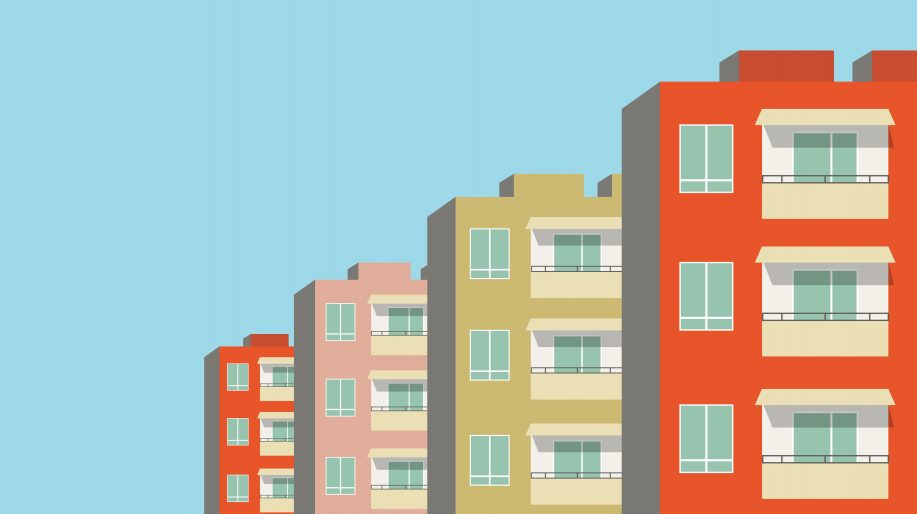Average asking rents for all residential property types in Canada increased by 9 per cent in 2023, reaching a record-high $2,178 in December, according to new data from Rentals.ca and Urbanation. This represents an 8.6 per cent increase from the same period in 2022.
Over the past two years, asking rents in Canada saw a 22 per cent increase, representing an average monthly increase of $390. The 8.6 per cent year-over-year increase in 2023 follows a 12.1 per cent increase in 2022 and a 4.6 per cent rise in 2021.
“The rate of rent growth in Canada was stronger than expected in 2023, mainly due to a surge in non-permanent residents, a resilient economy, and a sharp pullback in home buying activity,” said Shaun Hildebrand, President of Urbanation. “While rents are expected to continue rising in 2024, there should be less upward pressure on the market this year as demand increases at a somewhat slower speed and more supply is added.”
Traditional purpose-built rental apartments reached an average asking rent of $2,076, and experienced the fastest growth in 2023, posting a 12.8 per cent increase. In contrast, condominium rentals and house rentals saw relatively slower annual growth rates of 6.9 and 5.9 per cent, respectively.
Rent growth breakdown
In 2023, average asking rents for one-bedroom apartments grew by 13 per cent, while studio rents followed closely with an 11.9 per cent annual rent increase. Two-bedroom apartments witnessed a 9.8 per cent annual increase, and three-bedroom rents rose by 9.9 per cent.
Alberta emerged as the province leader for fastest-growing rents in 2023, recording a 15.6 per cent annual increase to reach an average of $1,691. British Columbia maintained its position as the most expensive province for apartment rents, averaging $2,500 in December despite a 1.4 per cent year-over-year decrease. Ontario recorded a 3.7 per cent annual increase, with average apartment rents slightly below B.C. at $2,446. Quebec experienced faster rent growth for apartments in 2023 compared to 2022, with average rents rising 10.0 per cent to $1,953 in December.
Among Canada’s largest cities, Calgary posted the fastest annual rent growth for apartments in December, with rents rising by 14 per cent from the previous year. Edmonton followed with a 13.5 per cent annual rent growth, and Montreal secured the third spot with average asking rents increasing by an 11.3 per cent.
After posting annual rent increases of more than 20 per cent in 2022, Vancouver and Toronto experienced a considerable slowdown in rent growth. Vancouver’s average asking rents decreased by 0.7 per cent annually while Toronto’s asking rents for apartments increased by just 2.1 per cent.
As we enter 2024, the rental market in Canada is expected to remain undersupplied but will likely exhibit a “somewhat more balanced trajectory”, the report predicts. Rent growth is projected to converge towards the five-year average increase of approximately 5 per cent. Anticipated factors influencing the rental market include a slowing economy, a reduction in the number of non-permanent residents, and an improvement in homebuying activity fueled by declining interest rates. The introduction of more apartment completions and an anticipated increase in tenant turnover are expected to inject additional supply into the market, mitigating rent growth compared to 2023.
For more info, visit www.rentals.ca







